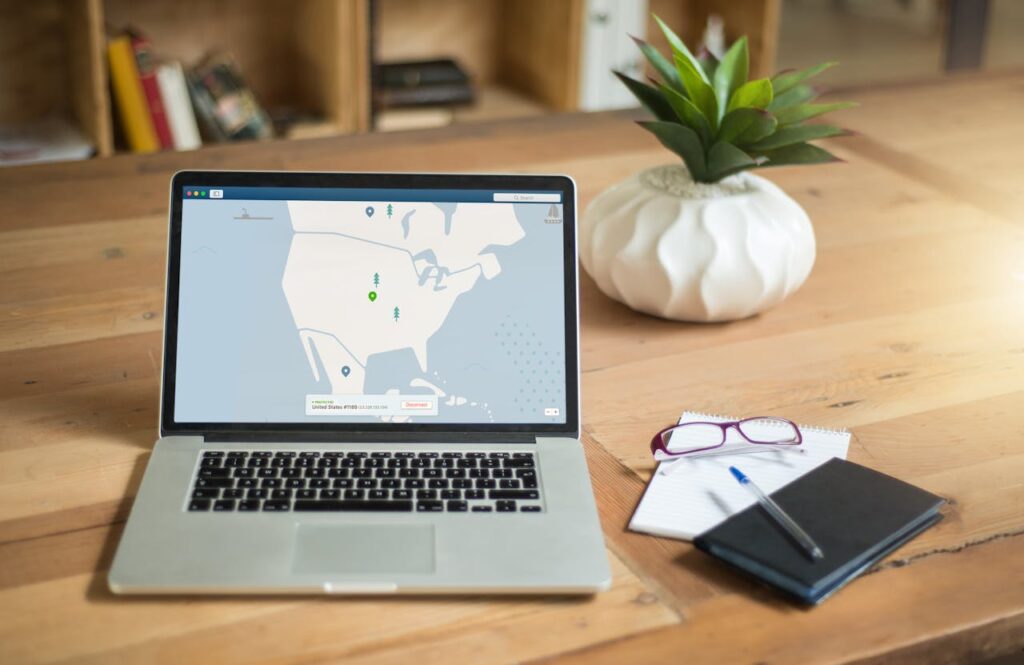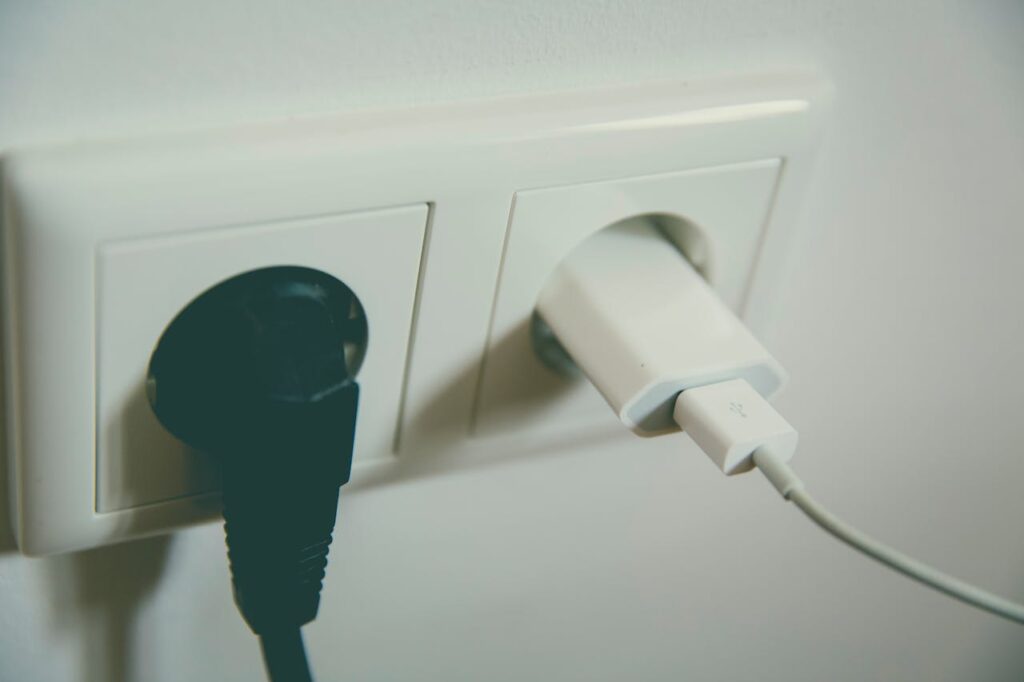Keep Your Home Safe During Blackouts – Essential Tips for Backup Power in Security Systems
Keep Your Home Safe During Blackouts – Essential Tips for Backup Power in Security Systems Home security systems are a crucial component in ensuring the safety and security of your loved ones and property. But what happens when the power goes out? Backup power solutions can be the difference between a secure home and one that is vulnerable to threats. In this post, we’ll explore the importance of backup power for home security systems, the various options available, and how you can choose, install, and maintain these systems to keep your home safe even during power outages. The Critical Role of Home Security Systems Home security systems are designed to protect your home from intruders, fire, and other emergencies. They provide peace of mind and a sense of safety for homeowners. However, their effectiveness is heavily reliant on a continuous power supply. When the power goes out, standard home security systems can become useless, leaving your home unprotected. Imagine you’re away on vacation, and a storm causes a power outage in your neighborhood. Without backup power, your security cameras, alarms, and sensors could shut down, leaving your home vulnerable to break-ins or other emergencies. This is why understanding and investing in backup power solutions is not just a good idea but a necessity. Understanding Backup Power Before you can choose the right backup power solution for your home security system, it’s essential to understand the different types available. Here are the most common backup power sources: Battery Backups Battery backups are one of the most straightforward and cost-effective solutions. They provide a temporary power supply to keep your security system running during short outages. These batteries can be integrated into the security system itself or installed separately. Generators Generators are a more robust solution, providing power for extended periods. They come in various sizes and capacities, from portable generators to whole-house systems. Generators can run on gasoline, propane, or natural gas, offering flexibility in terms of fuel sources. Solar Power Systems For an eco-friendly option, solar power systems can provide a reliable source of backup power. These systems use solar panels to generate electricity, which is then stored in batteries for use during power outages. Solar power systems can be an excellent long-term investment, reducing your reliance on the grid and lowering energy costs. Importance of Backup Power for Home Security Backup power is not just a convenience; it’s a crucial aspect of maintaining home security. Here are some real-life scenarios where backup power can make all the difference: Preventing Break-Ins During a power outage, homes without backup power are prime targets for burglars. A functioning security system with backup power ensures that alarms, cameras, and motion sensors remain operational, deterring potential intruders. Fire Safety Many home security systems include smoke and fire detectors. In the event of a power outage, these detectors may not function without backup power, putting your home at risk. Backup power ensures that your fire safety measures remain active, providing early warnings and potentially saving lives. Medical Emergencies For households with elderly or medically vulnerable individuals, a power outage can be life-threatening. Backup power ensures that medical alert systems and ot Choosing the Right Backup Power Solution Selecting the right backup power solution for your home security system depends on several factors, including the type of security system, budget, and personal needs. Here are some guidelines to help you make an informed decision: Assess Your Security System Start by understanding the power requirements of your security system. Different systems have varying power needs, and it’s crucial to choose a backup power source that can handle the load. Consult your security system’s manual or contact the manufacturer for specific power requirements. Consider Your Budget Backup power solutions come in a range of prices. While battery backups are generally more affordable, generators and solar power systems can be more costly but offer longer-lasting power. Evaluate your budget and consider the long-term benefits of each option. Evaluate Your Needs Think about your specific needs and circumstances. If you live in an area prone to frequent or extended power outages, investing in a generator or solar power system may be more beneficial. For shorter, less frequent outages, a battery backup may suffice. Conclusion Investing in backup power for your home security system is a smart and necessary step to ensure the safety and security of your home. By understanding the different backup power options, assessing your needs, and properly installing and maintaining your chosen solution, you can protect your home and loved ones even during unexpected power outages. Don’t wait for the next blackout to realize the importance of backup power. Start by evaluating your current security system and exploring the best backup power options for your needs. With the right backup power solution, you can have peace of mind knowing that your home remains secure, no matter what. For more personalized advice and expert recommendations, consider reaching out to a professional who can help you assess your needs and find the perfect backup power solution. Your home’s security is too important to leave to chance—take action today and ensure that you’re prepared for any power outage.

